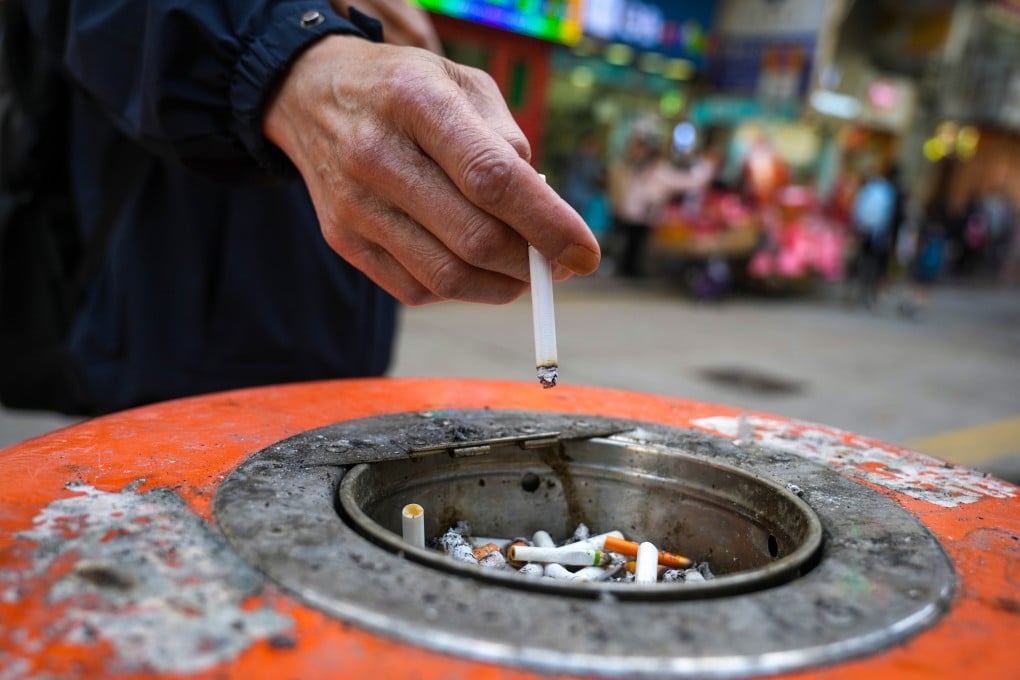Hong Kong penalties for illicit cigarettes to go up, anti-forgery features to be used
- Source says duty-paid cigarettes will have to be marked with anti-forgery features, but some extra penalties suggested are put on hold

Hong Kong duty-paid cigarettes will need to be labelled with anti-forgery features, and penalties for the sale and purchase of contraband will be increased under a series of measures to be announced by health and customs authorities on Thursday, the Post has learned.
But controversial proposals, including a ban on Hongkongers born after a certain date from buying cigarettes at all are only to be “explored further” as long-term measures, a source close to the policy decision-making process said.
“Combating illicit cigarettes will be a focus,” the source said. “The labelling requirement for duty-paid cigarettes will help buyers and enforcement officers to differentiate duty-paid cigarettes from illicit cigarettes, including the so-called cheap whites.”
Authorities said there was no legal definition of “cheap whites”, but the term is generally used for less-well-known cigarette brands.
Their packaging is the same as ordinary duty-paid cigarettes, including the graphic health warnings.
Illegal cigarette syndicates may pass off contraband products at retail level as duty-paid items, which are covered by permits.
